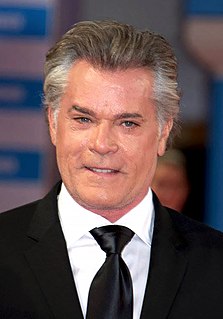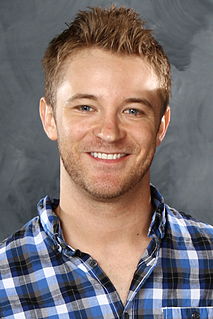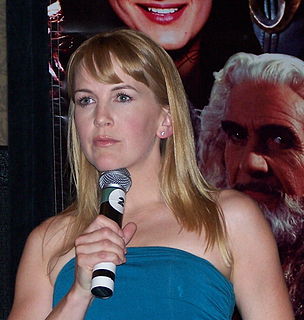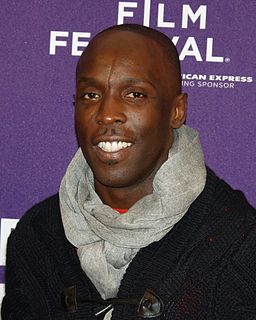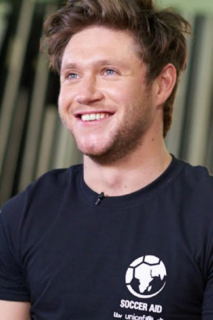A Quote by Alan Alda
You can watch actors create their illusions, but if you don't see where they get the pigeons from, you don't really know how they're doing it.
Related Quotes
There are a lot of actors who will watch the monitors. They'll do a scene, and then the director will look back to see if he got whatever he wanted. I just find it odd to sit there and watch yourself. But if you can be objective, I can see how it's really useful as a tool, especially if you're doing something physical.
The way I see the job, my definition of it, is to create characters to the best of your ability and then fit into what's trying to be accomplished in the general framework of the film. I think that's whether you're doing this- even if you're doing musical theater. That's what I think an actors job is. I don't know. I like to think what an actors job is is to create characters.
Don't watch people's individual performances. Watch the energy that's being passed between them, and then you'll see if the scene is really working or if the actors are really doing their job. If they're playing with the energy that's between them, they're not just acting in their own little bubble.
I do extensive storyboards so people can get a sense of what we're doing, and what the attitude and tone is. I work a lot with the actors. I like to go to sets or locations with them before shooting so that they know what they'll be doing on the day. I have found actors really do like to know about blocking, etc., before the shoot day comes.
For me, the best experience is to get to watch all of these different actors that come to the different seasons and bring these A-game performances. I'm just like, "Wow, can you do that again, so that I can take notes? How did you do that?!" That's the greatest joy, in doing a show like 'Hap and Leonard: Mucho Mojo'. I get to watch all of these thespians come rip it a new asshole.
When we started talking to our actors and to our directors, this is with all due respect to the film, if you want to know what we're not doing, go watch the movie. If you want to know what we're doing, it's very much steeped in the world of the comics, but it also has a life of its own and that's really what television and our films really do is that we take the best....We hope and we're very confident that this is the beginning of something that's very exciting on Netflix.
My true role is to get actors to understand what the camera is doing and what my intent is so they don't waste their good stuff on over-the-shoulder shots and wide shots. They need to know when we're going in to get something important, so they know to really go for it. No human being can give you 1,000 percent on every single take or shot, so you need to let them know what you're heading for. It's important that the actors know they're being looked after and being recorded in a way so they can do their best.

